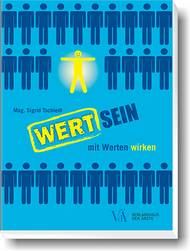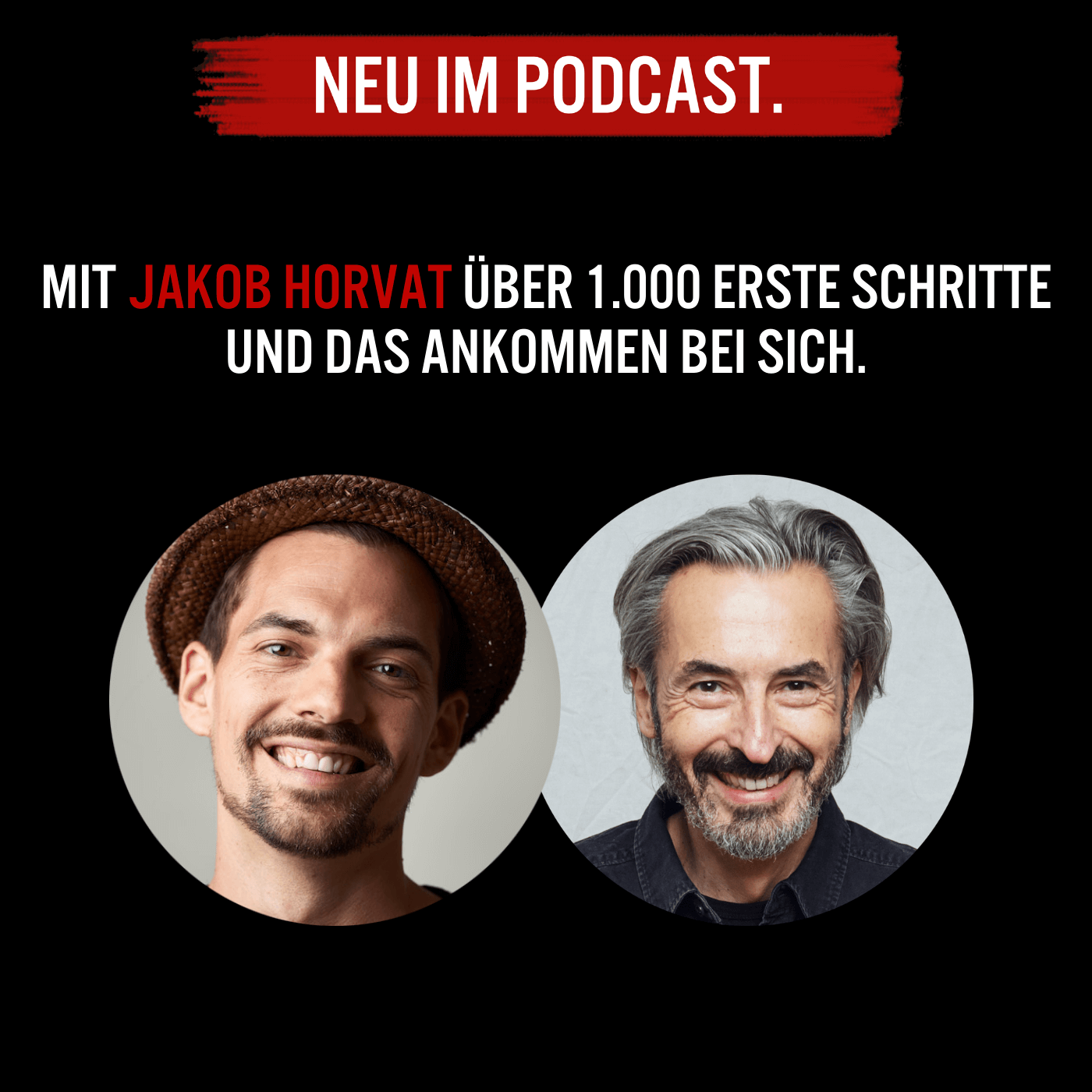On the surface, you could call the Danish hit series Borgen could be described as something like House of Cards light. It is about Birgitte Nyborg, leader of the Moderates party, who unexpectedly becomes prime minister herself after a scandal involving the incumbent prime minister during the election campaign and now has the unexpected chance to realise her promised different kind of politics in a shaky coalition.
TOO LAZY TO READ ON? THEN LISTEN TO ME:
In the blogcast, I read this recent blog article to you. With emphasis, of course!
It goes without saying that a spin doctor plays a decisive role in this story. Because framing - the smooth presentation of what is, what could be - brings about the preservation of power, and in today's politics biz that is just another word for success. And its only measure.
Shareholder value thinking for value communities, so to speak: you buy the polished frame and take note of the image it frames. Content as scales.
What a picture!
In fact, Borgen tells of people who try with all their hopes and talents to achieve their noble goals and to be good people in the process, despite all their shortcomings and mistakes, whatever that may mean for the individual. To do this, they have some values at hand as a coordinate system and regularly fail at them, i.e. at themselves, because their ego takes hold of the steering wheel, which likes to present itself as a constraint and make opportunism look like pragmatism. Thus, even the laziest compromise soon becomes acceptable, and in the corridors and backrooms of party and government offices, the stench of necessary evil is mistaken for the sweet smell of success.
One creates a lived reality through one's decisions, and then justifies this with the excuse of "the system", which would just be the way it is, as if one had not created it oneself with the bihand.
Seen in this way, Borgen tells the story of all of us, a story that we write almost as a matter of course and again and again with our thinking, non-thinking, through acting and non-acting, and bring into life in practical action. Writing it into us.
Spin Doctor or Truth Maker?
On our journey through life, we find ourselves at the fork in two paths in a hectic pace: the easy path and the right path to choose from.
One might think it is a dilemma, the choice between athlete's foot and scabies. In fact, it is at this crossroads that we show who we are, because nothing less than our values are at stake.
"Every decision becomes easy when you know your values," Roy Disney said at the time, making clear in a wash the difference between simple and easy . On the easy path we walk with light baggage: our values do not weigh us down there.
However, the easy path - wherever it leads - leads away from ourselves. Because our values are what we are, are our truth.
Values have to be worth something, and deciding means giving up. Comfort, confrontation, money/success/career, self-confrontation, ... truth ... You get the idea, don't you?
In fact, life itself is the very opposite of a spin doctor, it is the ultimate truth maker. The moment we take the easier path, the one that takes us away from our truth, we take the first step on what we hope will be an instructive round of tutoring, and sooner or later we come to the next fork in the road, which is similarly clearly signposted: easy here - right there. Life wants to know again, because it wants to know who we are. Because life is our life, we ourselves want to know.
For our primal question, which accompanies us at every turn, is mercilessly and unmistakably: "Who am I, and if so, why?" The answer is sometimes a diversion, often a wrong way. What does not exist, however, is the way out.
This primal question needs to be answered. We build the answer to it ourselves. With everything we do or don't do, what we work, buy and sell, what we say, what we keep silent about, with everything we post, like, share, we build our own inner story, put together the mosaic of our inner truth. The building blocks for this are our values.
How do we deal with it?
Like our inner spin doctors?
Or like the master builders of our inner fortress?
In this profession, too, no master has fallen from the sky, the much quoted 10,000 hours of practice on the way to mastery must also be achieved in matters of values & truth and the price for success must be paid in advance without exception.
It's as simple as that. So simple, but not easy at all.
Being means - also and above all - being of value.
What are our values worth to us?
What do we want to be worth?
This is our inner story, which is not just about what was, but about our truth.
The particularly good thing about it is that no one else but we ourselves write this history. With every decision, with every compromise, with every opportunity we don't miss because it's good or favourable and no one notices, with every hand we hold out, with every hand we extend ... You get the idea, right?
Our being of value is who we are.
That's what every spin doctor can't get his teeth into.
What are we worth to ourselves?
In our ideas of values, we often mix what is important to us with real values, morals, virtues and value systems such as family, or with resources such as the ever-popular money.
Not everything that glitters is worth anything. Nevertheless, it is extremely helpful for insightful introspection to understand what is a real value and what we only think it is. Because in the course of life, the hierarchy of meaning of our values changes along with our priorities. Or completely new values come into our focus and replace others. When you're young, you might fight for your independence, but later in life, when the devil is out, you might recognise your gods in solidarity.
If you want to talk about values and being valuable, it's best to talk to Sigrid Tschiedl. Smart as I am, I did, and you can listen to us in this podcast episode.
 And you can read about it, because Sigrid Tschiedl's latest book will also be published on 27.10.2020. VALUE BEwhich I press to your heart like a reading command. It is a non-fiction book, a reference book and above all a do-it-yourself book, because it provides impetus, knowledge and practical tips all in one.
And you can read about it, because Sigrid Tschiedl's latest book will also be published on 27.10.2020. VALUE BEwhich I press to your heart like a reading command. It is a non-fiction book, a reference book and above all a do-it-yourself book, because it provides impetus, knowledge and practical tips all in one.
Three edifying things in one? The only other place you'll find something like that is in a children's surprise! Or you can also grab Body LANGUAGE and COMMUNICATION, because VALUE BEING completes the trio of these two equally useful books from Sigrid's nimble pen. The three musketeers of practical life knowledge.
By the way, the three musketeers of the anti-frustration movement are called MindBusters and consist of Romans Szeliga, yours truly and Sigrid Tschiedl, who is the official ramp woman in our team, responsible for values that work.
That The Three Musketeers in Alexandre Dumas's novel were four is another story, and the secret of why he did not call the work The Four Musketeers for simplicity's sake he took to his grave.
Sometimes it takes a fourth person to make a trio complete and all good things come in threes.
Break open or stand still?
On the list of around 130 recognised values - yes, there are quite a few of them - freedom and self-determination have gained particularly nice places of honour for most of us. The path there consists of many, many steps, the most important of which is the first step, the departure - stage 1 of every hero's journey.
What a hero's journey can feel like is often experienced on factual journeys. Each of these journeys begins with a first step, our lives are full of first steps that take us further. Jakob Horvat is a specialist for first steps, for setting out, for leaving the comfort zone and for arriving in real life - in one's own life that is waiting for you when you let go of what is foreign. He is a professional beginner and breaker. It is no coincidence that his website is called ThousandFirstSteps.com and his book Close to the world - out of the comfort zone, into life.  Jakob Horvat was a guest on my podcast - a conversation that I particularly enjoy. He has let go of a lot and discovered much, much more as a result. I invite you to join us on Jacob's journey through his past, his present and his insightful discoveries, and Jacob and I wish you many first steps towards your own departures.
Jakob Horvat was a guest on my podcast - a conversation that I particularly enjoy. He has let go of a lot and discovered much, much more as a result. I invite you to join us on Jacob's journey through his past, his present and his insightful discoveries, and Jacob and I wish you many first steps towards your own departures.
Have you succeeded yourself?
Our path needs thousands of first steps, each one of them a decision for or against ourselves, to ourselves or away from ourselves. This is true for each of us personally, and to the same extent for every company, for teams, for our society. Whether we live our values or not - each for ourselves, for each other, as leaders: "By their deeds you shall know them". In this we recognise ourselves.
With it, we write our inner story, which is what matters. It does not tell of what we experience, but of what we recognise. It tells of how we have transformed ourselves within ourselves. Not about what we have succeeded in, but whether we have succeeded in ourselves. That is our being of value, and that should be worth every effort, shouldn't it?
Without our inner value story, we meander through life disoriented and experience first-hand what my grandmother, old Story Dudette meant when she wrote on the cover of her tour book, "No Story. No Glory."



